Workshop 1: Databus - A Semantic Metadata Catalog
Monday 15:00 - 18:00 at TIB: Vortragsraum/Lecture room, 2nd floor TIB location Technology/Natural Sciences, Welfengarten 1B, 30167 Hannover
Description
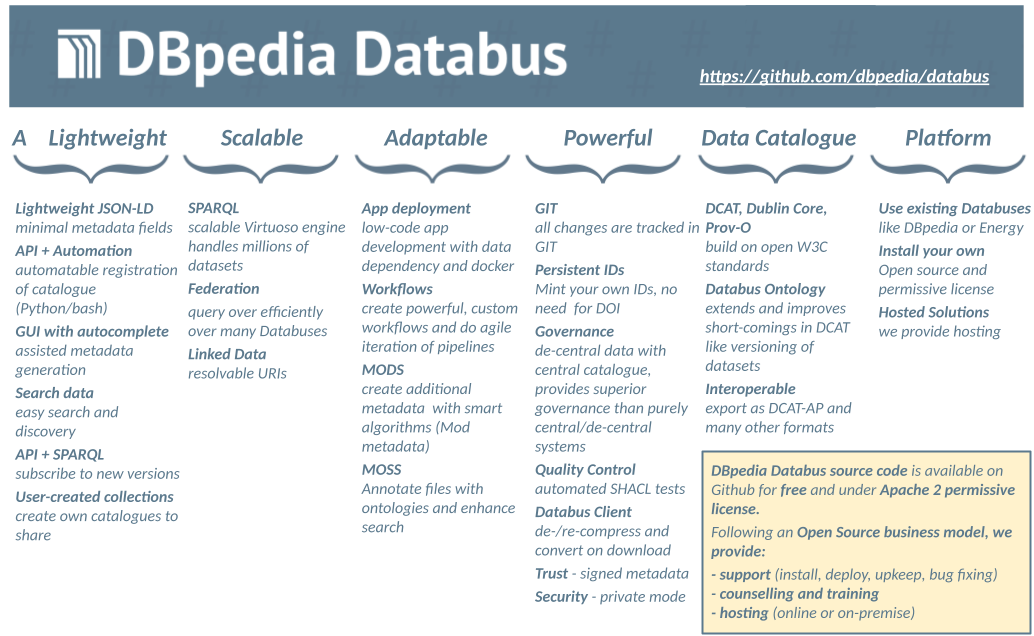
Discover the intricacies of the Databus platform in our upcoming workshop at the NFDI4Energy Conference. This session will cover the motivation behind the development of the Databus - a nuanced publishing and versioning platform originally tailored for managing the complex release cycle of the open-source DBpedia knowledge graph.
The workshop will cover the fundamentals of semantic web technology, shedding light on how the Databus contributes to semantic interoperability and the evolving landscape of knowledge representation. Participants will explore the practical applications of the Databus, understanding its adaptability to diverse data sources and formats through real-world use cases.
Practical sessions will focus on navigating the Databus interface and leveraging its API for seamless data interaction. Learn the ropes of publishing, versioning, and accessing data efficiently through the Databus platform.
Moreover, participants will gain insights into creating custom metadata catalogs and crafting precise data requests tailored to their specific needs. The workshop will also guide attendees on deploying their own instance of the Databus, providing autonomy in integrating this powerful tool into their projects.
Join us for a deep dive into the world of efficient, versioned data publication and retrieval. The workshop offers a valuable opportunity for researchers, developers, and data enthusiasts seeking to enhance their data management capabilities. See you at the NFDI4Energy Conference, where we’ll explore the practical dimensions of the Databus as a semantic metadata catalog.
Organizers
Jan Forberg

Jan Forberg holds a master’s degree in computer science from the Technical University in Dresden and has been with the InfAI in Leipzig since 2016. With over 7 years of experience in semantic web technology, Jan serves as the lead developer of the Databus. His role brings practical insights to the workshop, providing a grounded perspective on the efficient use of Databus as a metadata catalog.
Milan Dojchinovski

Milan Dojchinovski, a research associate at AKSW’s Knowledge Integration and Linked Data Technologies (KILT), has been a pivotal member since March 2015. As the project manager for the H2020 FREME project, Milan’s expertise lies in Semantic Web, Web services, NLP, and Data Integration technologies. With over a decade of experience in the computer industry across Germany, Czech Republic, and Slovenia, Milan has contributed significantly to European projects like LOD2 and LinkedTV FP7. Authoring 20+ peer-reviewed scientific publications, Milan is a member of W3C LD4LT and Open Annotation groups. Holding an MSc. in Computer Science, he’s also an Assistant Professor at the Czech Technical University in Prague, focusing on Linked Data Access and Knowledge Extraction.
Sebastian Hellmann

Dr. Sebastian Hellmann, a seasoned researcher in semantic web technologies, completed his PhD at the University of Leipzig in 2014, specializing in transforming NLP tool output to RDF. Sebastian is a senior member of the “Agile Knowledge Engineering and Semantic Web” AKSW research center, which currently has 50 researchers (PhDs and senior researchers) focusing on semantic technology research – often in combination with other areas such as machine learning, databases, and natural language processing. Sebastian is head of the “Knowledge Integration and Language Technologies (KILT)” Competence Center at InfAI. He also is the executive director and board member of the non-profit DBpedia Association.
Workshop 2: Making Energy System Research Interoperable With Ontologies
Tuesday 9:00 - 12:00 at the Leibnizhaus in the “Leibnizsaal”
Description

Ontologies enable the digitisation and publication of scientific data in a way that allow reuse, as well as transparency and reproducibility of research results. The use of ontologies is well-established in some research areas, like e.g. biology and biomedicine, to organise, curate and interpret huge amounts of research data. Energy researchers are becoming increasingly aware of the advantages of using ontologies. Several ontologies are being developed in that area of research as of now.
The workshop is a collaboration between NFDI4Energy and the Open Energy Ontology. We will start by giving an introduction on ontologies and the challenges of knowledge management.
We will then present insights into the work of NFDI4Energy in the context of ontologies. This discussion will include an overview on the investigation of existing ontologies for energy and energy system research, as well as our future plans to develop multiple ontologies to cover various aspects of the energy research domain.
To provide a specific example, we will introduce the Open Energy Ontology (OEO), a domain ontology for energy system analysis: What are challenges in this specific domain? How is the OEO structured? Which use cases exist for the OEO? Finally, we will learn about accessing the OEO with different tools and take a look into the ontology development process.
Organizers
Amanda Wein
Amanda Wein is a researcher at OFFIS, an associated institute of the Carl von Ossietzky University of Oldenburg. She holds a bachelor’s degree in Electrical Engineering from Rensselaer Polytechnic Institute (USA) and a master’s degree in Computer Science from the Eberhard Karl University of Tübingen (Germany). Amanda previously worked in the electric utility industry, and in her master’s thesis she examined energy trading systems in microgrids through power flow analysis. Her current work focuses on building research data infrastructure with the NFDI4Energy consortium, where she leads a team in developing ontologies and metadata standards for FAIR energy system research data.
Mirjam Stappel
Mirjam Stappel holds a master’s degree in industrial engineering with focus of renewable energies from the University of Kassel (Germany). She started her carreer in 2014 as a researcher at Fraunhofer IEE in the area of energy system modelling and energy scenarios. Since 2018, she works in projects concerning research data infrastructure for energy scenarios and their interoperability (SzenarienDB, SIROP). She is a lead developer of the Open Energy Ontology and works as a researcher at the faculty of Computer Sciences of Otto-von-Guericke University of Magdeburg and at Fraunhofer IEE.
Workshop 3: How to Bring Research Data Management into the Field?
Tuesday 9:00 - 12:00 at the Leibnizhaus in the “Karmarschraum” (1. floor)
Description
Developing Clever Outreach Activities for NFDI4Energy
In the Platform Economy, the value of a platform highly depends on the number of people using the provided infrastructure. This principle extends to the envisioned Research Data Infrastructure for Energy System Research within NFDI4Energy. Therefore, early engagement in outreach is crucial as it establishes a foundation for building a robust and informed community, fostering long-term interest and collaboration. Initiating outreach efforts early ensures that stakeholders and the public are well-informed, creating a solid support network that can significantly enhance the impact and sustainability of NFDI4Energy. However, developing Outreach Activities demands a strategic and thoughtful approach and is often confronted with various challenges.
Therefore, the goals of this workshop are:
- Gain an Overview: Understand the outreach strategies of other consortia and assess the current status within NFDI4Energy.
- Identify Challenges and Raise Awareness: Recognize challenges in implementing Outreach Activities.
- Develop Clever Outreach Activities for NFDI4Energy:
- How can we tackle the challenges?
- What activities should we focus on?
- How can everyone contribute?
No prior knowledge is required, making this workshop accessible to all. While extending a special invitation to the energy research community actively involved in outreach activities, the workshop welcomes participants from all backgrounds.
Organizers
Lea Kuhlmann
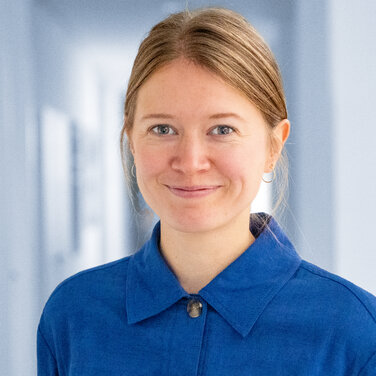
Lea Kuhlmann is a researcher and PhD student in the energy division of OFFIS e. V., an affiliated institute of the Carl von Ossietzky University in Oldenburg, Germany. She works in NFDI4Energy and is active in the area of outreach-avtivities. Her research focuses on platform economy and ecosystems, platform design and sustainability as the framing topic. Previously, she has worked in the field of municipal heat planning/transition and has gained diverse insigths in energy industry by completing a trainee programme at an energy utility. Lea holds a master´s degree in Sustainability Economics and Management.
Oliver Werth

Oliver Werth is a postdoctoral researcher in NFDI4Energy at OFFIS e.V., an affiliated institute of the Carl von Ossietzky University in Oldenburg, Germany. His research focuses on mobile systems, digital transformation, as well as Open Data and Research Data Management. His research is published in leading international Information Systems conferences and journals, e.g., the International Conference on Information Systems and Electronic Markets.
Workshop 4: Research Software Engineering in Energy Research: Exploring Frameworks and Practices
Tuesday 9:00 - 12:00 at the Leibnizhaus in the “Kerstingzimmer” (2. floor)
Description
Join us for an engaging workshop exploring the intersection of research software engineering and energy research. In this session, we will delve into two powerful frameworks, mosaik and VILLAS, and discuss their applications in energy research contexts.
The workshop will kick off with an introduction to the mosaik framework, a versatile tool designed for simulating and analyzing complex energy systems. Through a comprehensive overview, participants will gain insights into how mosaik facilitates the modeling and simulation of energy scenarios, enabling researchers to explore various strategies and technologies in a virtual environment. Following the mosaik introduction, we will shift our focus to the VILLAS framework, another powerful resource created to support energy systems research. Participants will learn about VILLAS’ capabilities in enabling co-simulations, its integration with hardware-in-the-loop setups, and its potential for advancing energy research through innovative simulation techniques, like Geographically Distributed Real-Time Simulation (GD-RTS).
Throughout the workshop, we will engage in discussions on software engineering practices within the research community. From best practices in code development to the importance of reproducibility and sustainability in research software, participants will have the opportunity to exchange ideas and insights on enhancing the quality and reliability of software tools in energy research.
A highlight of the discussion will be the exploration of the Open Energy Platform and its approach to software engineering. We will examine the platform’s strategies for addressing challenges such as financing, continuity, and community collaboration in the development of research software, offering valuable lessons and perspectives for the wider research community.
This workshop is designed to be inclusive and accessible to all, with no prior knowledge required. Whether you’re a researcher looking to enhance your software engineering skills, a developer interested in the energy domain, or simply intrigued by the intersection of technology and energy, this workshop promises to be a stimulating and informative experience.
Join us as we explore the dynamic landscape of research software engineering in energy research and discover how frameworks like mosaik and VILLAS are shaping the future of energy innovation.
Organizers
Jan Sören Schwarz
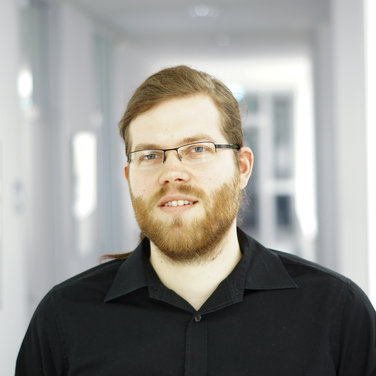
Jan Sören Schwarz is researcher at OFFIS and Carl von Ossietzky University of Oldenburg, where he also earned his bachelor’s and master’s degree in Computing Science. He is part of the co-simulation framework mosaik development team at OFFIS and worked in several projects for OFFIS and Carl von Ossietzky University of Oldenburg. His focus is on the development of interdisciplinary co-simulation scenarios integrating, e.g., socio-technical aspects and sustainability into simulation of the energy system.
Laura Fuentes Grau
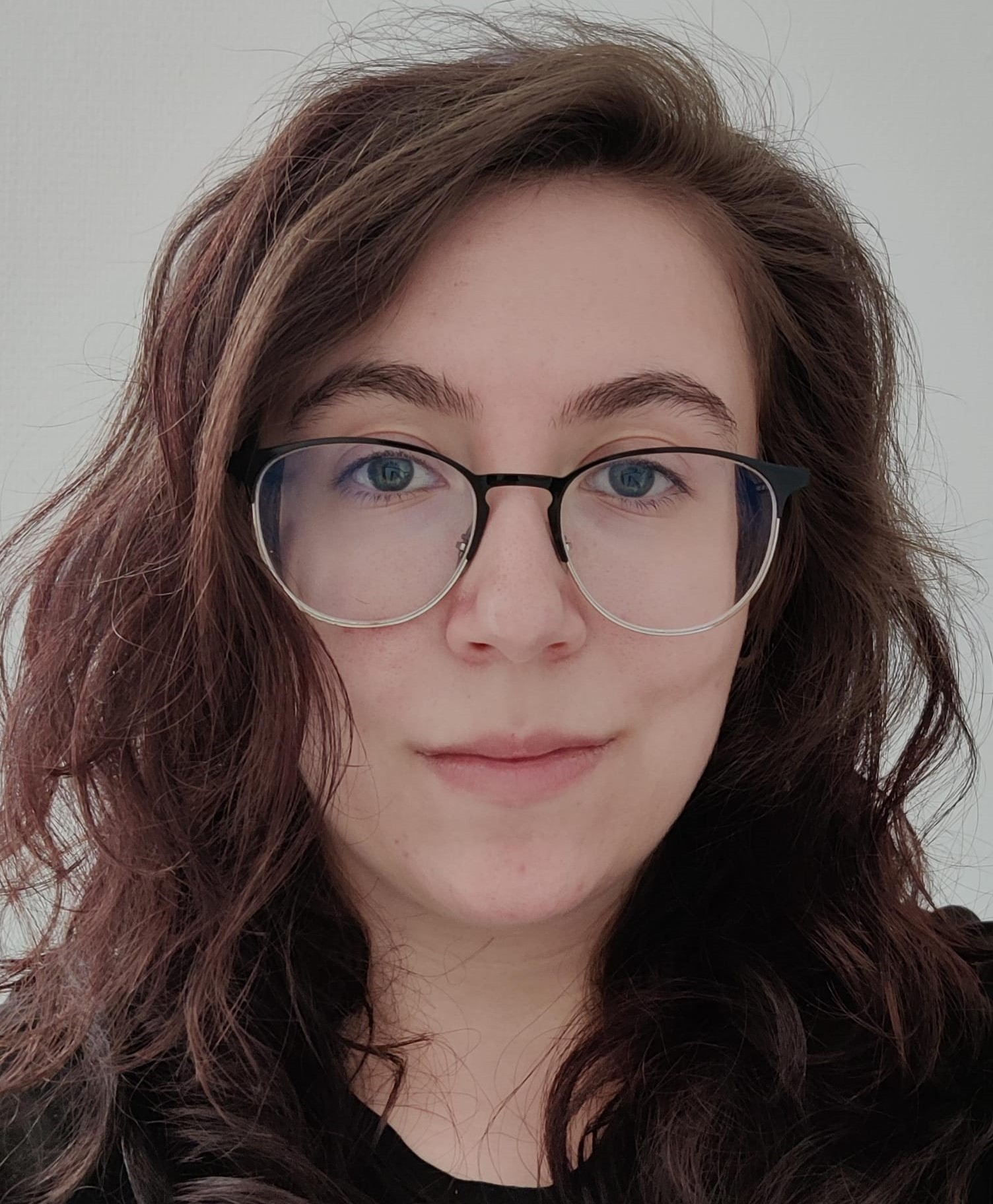
Laura Fuentes Grau is a researcher at the Institute for Automation of Complex Power Systems of the RWTH Aachen University. She holds a master’s degree in electrical engineering with a focus on computer engineering. As part of the VILLAS development team, she is working on extending the capabilities of the framework with regard to user experience and automation.
Michael Niebisch
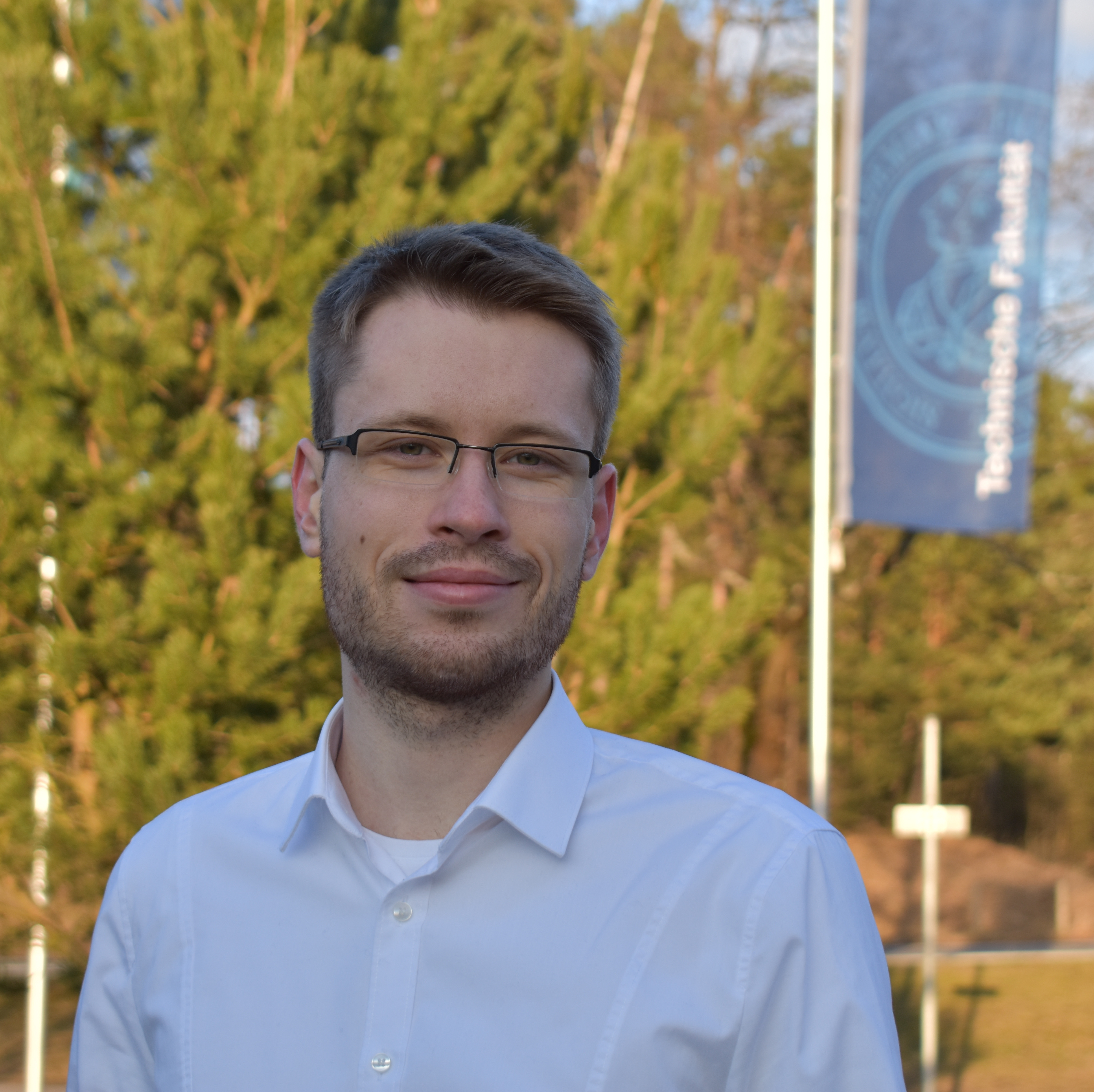
Michael Niebisch is a research associate affiliated with the Chair of Computer Networks and Communication Systems at Friedrich-Alexander-Universität Erlangen-Nürnberg, located in Erlangen, Germany. He holds a With a Bachelor of Science and a Master of Science in Information and Communication Technology. As the task area coordinator for simulation in the NFDI4Energy project, Michael leads the development efforts toward a simulation-as-a-service platform.